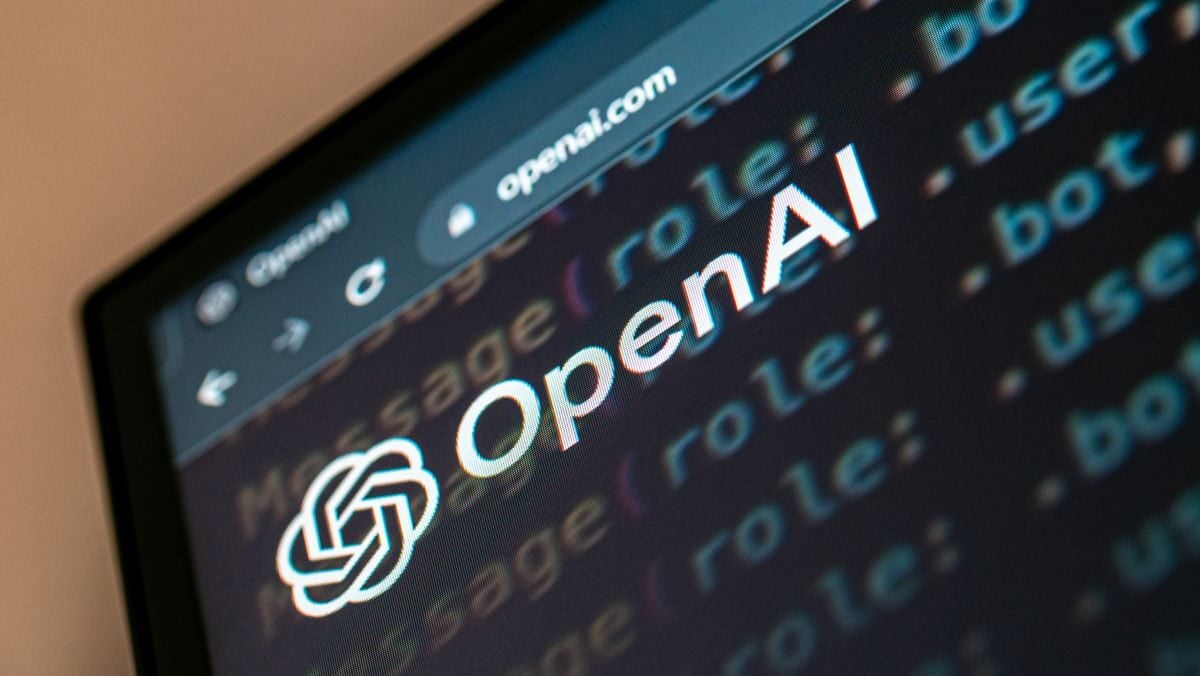Artificial Intelligence
OpenAI considering for-profit shift
In a major shift, OpenAI is discussing restructuring to become a for-profit business and giving CEO Sam Altman equity in the company.

OpenAI is reportedly discussing granting CEO Sam Altman a 7% equity stake in the company and considering a restructure to transition into a for-profit business model, as per sources familiar with the matter. This potential shift would represent the first instance of Altman being offered ownership in the artificial intelligence startup.
Sources suggest that the company is contemplating becoming a public benefit corporation, aiming to generate profits while also contributing to society. However, the transition is still in the discussion phase, and a definite timeline has yet to be established.
In response to these reports, a spokesperson stated that OpenAI remains committed to developing AI that benefits all individuals, emphasizing that the nonprofit aspect remains central to their mission and will persist.
These considerations are taking place amidst a series of senior management departures from OpenAI. Most recently, CTO Mira Murati announced her departure, marking another significant exit from the company.
Since the unexpected dismissal and subsequent reinstatement of Altman last year, OpenAI has experienced a period of instability, characterized by the departure of multiple executives and restructuring within certain teams.
Murati, in a statement, explained her decision to step away, expressing a desire to explore new opportunities. Altman acknowledged Murati’s contributions to OpenAI and mentioned plans to communicate more about the transition to employees shortly.
As of now, Murati does not have a confirmed departure date from the company and is engaged in discussions with OpenAI’s leadership regarding her replacement and the transition process.
Both OpenAI and Murati representatives declined to provide additional comments on the matter, upholding privacy around the ongoing discussions and changes within the organization.
OpenAI was initially established in 2015 as a nonprofit research entity with a focus on developing safe and beneficial artificial intelligence for humanity. In 2019, the company created a for-profit subsidiary to assist in funding the extensive costs associated with AI model development, subsequently attracting substantial investments from external sources, including Microsoft.
Recently, reports indicated that OpenAI is in the process of raising a significant amount of funding, aiming for a valuation that positions it as one of the most valuable startups globally.
Altman, who had refrained from taking equity in line with the company’s nonprofit ethos, is now reportedly being considered for an equity stake, marking a departure from the previous approach. The potential restructuring and equity offering to Altman were earlier reported by Reuters.
The departure announcement of Murati took many employees by surprise, with internal reactions on OpenAI’s Slack channel reflecting shock and uncertainty among staff members.
Murati, known for her pivotal role in spearheading major product releases at OpenAI, including the development of ChatGPT and DALL-E, had recently faced scrutiny for public statements related to the company’s technologies.
The exits of key executives, including Sutskever and Schulman, following Altman’s reinstatement, have led to a notable shift within OpenAI’s leadership team. As the company navigates these changes, Altman announced further adjustments to the management structure.
The ongoing evolution within OpenAI’s leadership team reflects the company’s rapid growth and evolving priorities, with Altman emphasizing the need for adaptability and resilience in addressing these transformations.















